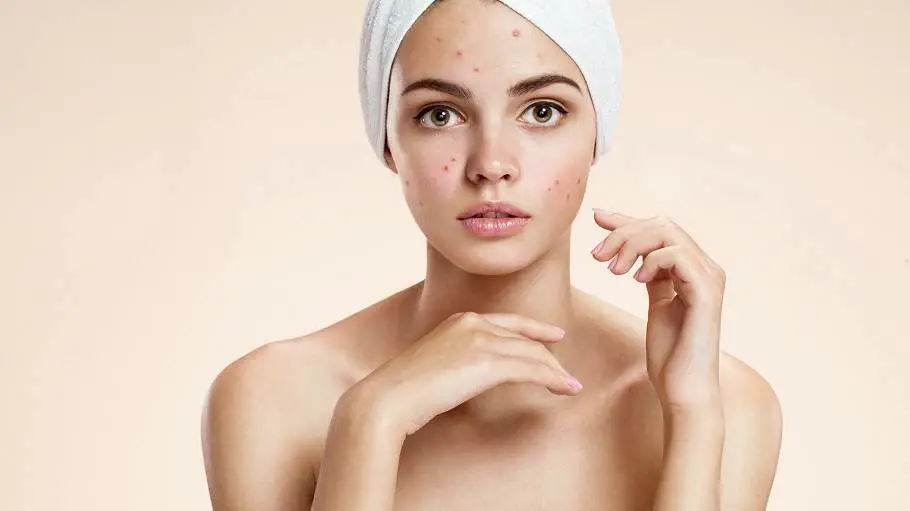Acne is triggered when the skin pores are clogged with bacteria, dead skin cells, or the overproduction of oil. Anyone can be affected by acne but it is most common in teenagers.
During puberty the skin overproduces oil due to the fluctuating hormones causing acne. Some other factors that may cause acne are pregnancy, medication, varying hormone levels, and stress.

Acne involves pus-filled cysts or inflamed skin lesions. It is also observed in the form of scars, whiteheads, or blackheads that are usually persistent and often painful. If you are suffering from a condition of acne, you can consult a dermatologist who will review your condition and inform you about your treatment options.
Recommended Treatments for Acne
Acne treatment is aimed at removing bacteria and dead skin cells from the pores, and reducing oil production thereby leaving the skin healthy. Depending on the type of acne and its severity, there are 3 types of acne treatment.
Topical Treatment: This type of treatment includes applying a cream, or ointment to the affected area. These prescription topical ointments have retinoic acid in them that helps in exfoliating the skin and reducing bacteria and dead skin cell buildup. Retinoic acid works at a cellular level to decrease acne formation. Topical treatment also has other ingredients such as salicylic acid and azelaic acid that cleanse the pores thereby boosting skin cell turnover and reducing inflammation.
Oral Prescription Medication: Mild to severe acne can be treated by administering prescription oral antibiotics. Dapsone or clindamycin can be used for mild acne. These antibiotics are focused on removing bacteria accumulation and reducing inflammation. If your acne is severe and any other treatment method is inefficient, you can take isotretinoin. A low dose of oral spironolactone is prescribed to women who suffer from cystic acne as it prevents hormones from binding to the oil-producing glands thereby slowing down the oil production.
Cosmetic Acne Treatment: It is recommended to use cosmetic acne treatment in severe acne conditions. This method applies a chemical procedure to peel off the acne. Since this treatment includes chemicals, it is comparatively more efficient than physical exfoliation methods. Varying concentrations of mandelic acid, salicylic acid, lactic acid, glycolic acid, or trichloroacetic acid are used as chemical peelers. The chemical peel stimulates the natural collagen production in the body and smoothens out acne scars. In some cases of acne, surgical cosmetic procedures such as microneedling, microdermabrasion, laser resurfacing, or injection with dermal fillers can also be applied.
Treating Your Acne

Whether it is teenage acne or that occurring due to pregnancy, you can get it treated to reduce scarring and inflammation and make your skin appear healthy and improved. Today, several skincare companies in the market are providing effective acne treatment so that you can look and feel your best.
You do not deserve to live with acne. Owing to the different acne treatments available for all types of acne your condition no longer needs to go unattended. If you are suffering from acne, contact an acne dermatologist immediately like the ones at Dallas Dermatology Partners and get a treatment plan specially designed for you.









































